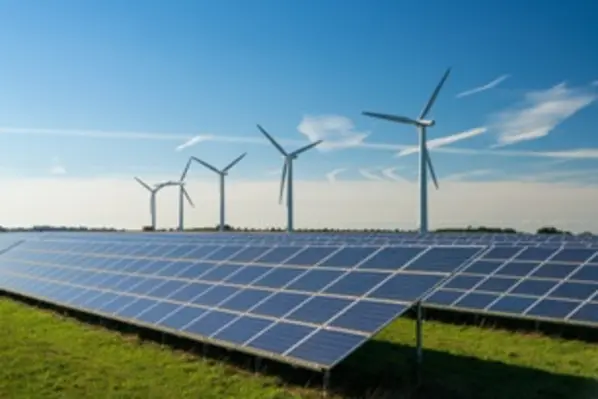Global energy investment is set to increase by 8% in 2022 to reach USD 2.4 trillion, with the anticipated rise coming mainly in clean energy, according to a new report by the International Energy Agency (IEA)
The fastest growth in energy investment is coming from the power sector – mainly in renewables and grids – and from energy efficiency, according to the IEA’s World Energy Investment 2022 report. The rise in clean energy spending is not evenly spread, however, with most of it taking place in advanced economies and China. And in some markets, energy security concerns and high prices are prompting higher investment in fossil fuel supplies, most notably on coal, with a a 10% rise in investment in coal supply in 2021, led by emerging economies in Asia.
“We cannot afford to ignore either today’s global energy crisis or the climate crisis, but the good news is that we do not need to choose between them – we can tackle both at the same time,” said IEA executive director Fatih Birol. “A massive surge in investment to accelerate clean energy transitions is the only lasting solution. This kind of investment is rising, but we need a much faster increase to ease the pressure on consumers from high fossil fuel prices, make our energy systems more secure, and get the world on track to reach our climate goals.”
Since 2020, clean energy investment has accelerated significantly, with renewables, grids and storage now accounting for more than 80% of total power sector investment. Spending on solar PV, batteries and electric vehicles is now growing at rates consistent with reaching global net zero emissions by 2050.
However, tight supply chains are also playing a large part in the headline rise in investment. Almost half of the overall increase in spending is a reflection of higher costs, from labour and services to materials such as cement, steel and critical minerals. These challenges are deterring some energy companies from accelerating spending.
From a low base, there is rapid growth underway in spending on some emerging technologies, notably batteries, low emissions hydrogen, and carbon capture utilisation and storage. Investment in battery energy storage is expected to more than double to reach almost US$20bn in 2022.
Much more needs to be done to boost energy investment in emerging and developing economies, according to the IEA, to bridge widening regional divergences in the pace of energy transition investment.
The IEA notes that Russia’s invasion of Ukraine has pushed up energy prices across the world. Some of the immediate shortfalls in exports from Russia need to be met by production elsewhere, notably for natural gas, and new LNG infrastructure may also be required to facilitate the diversification of supply away from Russia. While oil and gas investment is up 10% from last year, it remains well below 2019 levels.
Today’s high fossil fuel prices are generating pain for many economies but are also generating an unprecedented windfall for oil and gas producers. Global oil and gas sector income is set to jump to US$4 trillion in 2022, more than twice its five-year average, with the bulk of it going to major oil and gas exporting states.
These windfalls gains provide a once-in-a-generation opportunity for oil and gas producing economies to fund the much needed transformation of their economies, and for major oil and gas companies to do more to diversify their spending, the IEA says. The share of spending by oil and gas companies on clean energy is rising slowly, with what progress there is driven mainly by the European majors and a handful of other companies. Overall, clean energy investment accounts for around 5% of oil and gas company capital expenditure worldwide, up from 1% in 2019.







